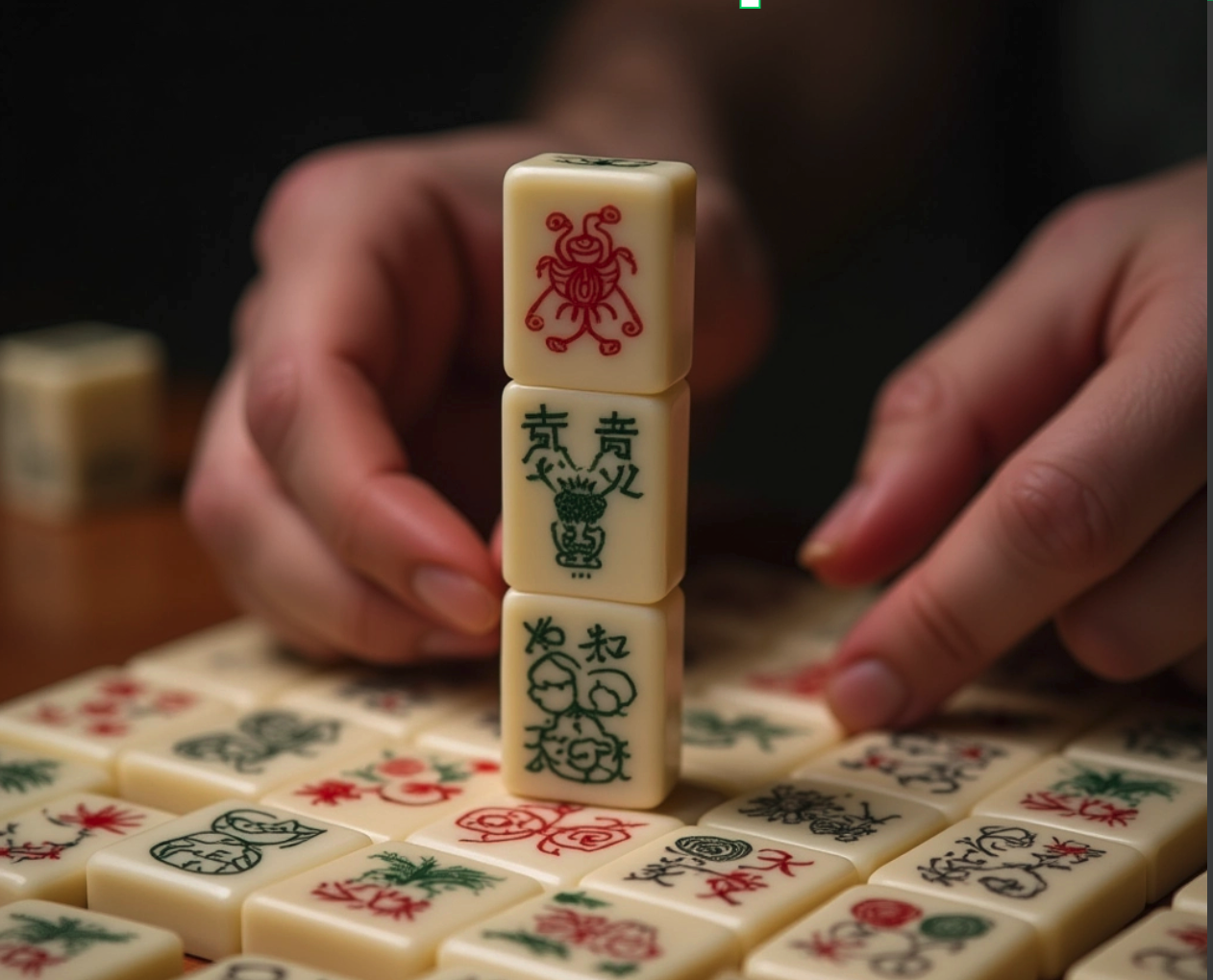You know that scattered, foggy feeling—like when you’re hunting for your keys but your brain’s acting like a web browser overloaded with tabs, each one blinking for attention? Now, picture this: instead of spiraling into a frantic mental scavenger hunt, what if you could train your brain to stay sharp and organized—and enjoy yourself while doing it? That’s where Mahjong sneaks in. This tile-based game isn’t just about matching symbols; it’s a backdoor workout for your brain, polishing skills you use daily without even realizing it. Let’s unpack how shuffling those ivory tiles can quietly upgrade your mental toolkit.
1. Strategic Thinking: Your Brain’s Personal Boot Camp
Mahjong isn’t a game you win by luck alone. Every move forces you to pivot, like when you’ve planned the perfect work presentation, only to have the projector fail. Do you panic? Nope. You adapt. Similarly, Mahjong players constantly reassess their hands based on discarded tiles and opponents’ poker faces.
Take my uncle Frank, a retired engineer. He swears Mahjong keeps his problem-solving skills sharper than his morning espresso. Last week, he blocked my winning move by recalling a tile I’d discarded eight turns earlier. Meanwhile, I forgot my own phone passcode twice yesterday. The difference? His brain’s been doing Mahjong burpees for years.
How strategy translates to real life:
- Cognitive flexibility: Switching tactics mid-game mirrors adjusting to a last-minute deadline or a detour during your commute.
- Predictive analytics: Guessing opponents’ next moves sharpens your ability to anticipate your kid’s next meltdown—or your boss’s feedback.
- Risk assessment: Choosing between keeping a rare tile or playing it safe? It’s like deciding whether to splurge on concert tickets or save for car repairs.
2. Memory & Concentration: The Mental Filing System You Didn’t Know You Needed
Ever walked into a room and instantly forgotten why? Mahjong players don’t have that luxury. Tracking tiles is like mentally labeling every item in a junk drawer—you have to remember which dragon tiles are out or risk losing.
My cousin Mia, a college student, started playing Mahjong during exam breaks. “It’s like my brain switches into focus mode,” she says. Now, she credits her improved grades to remembering lecture details as easily as tile patterns.
Why this matters off the table:
- Short-term memory boost: Remembering discarded tiles helps you recall where you parked or whether you emailed that invoice.
- Laser focus: Tuning out background noise to choose the perfect tile trains you to ignore office chatter during Zoom calls.
- Detail orientation: Spotting a cracked tile edge? You’ll start noticing typos in contracts or mismatched socks in the laundry.
3. Social Interaction: Where Tiles Become Conversation Starters
Let’s be honest—most of us could use more real human connection. Mahjong gatherings aren’t just about winning; they’re about the groan when someone steals your needed tile, the inside jokes that form over endless rounds, and the way you accidentally end up discussing life’s big questions between shuffles.
My neighbor’s Mahjong group includes a 20-something bartender, a retired teacher, and a stay-at-home dad. Their common ground? Strategizing over tiles. “We’ve talked about everything from sourdough starters to climate change,” says the dad. “The game’s just the excuse to connect.”
Social perks in disguise:
- Communication gym: Negotiating house rules or explaining strategies hones your ability to articulate ideas clearly—useful for work meetings or parenting.
- Teamwork drills: Collaborating to decode a tricky player’s strategy? It’s practice for group projects or planning a family reunion.
- Empathy exercise: Reading opponents’ frustration when they’re one tile short? You’ll become more attuned to colleagues’ unspoken stress.
4. Stress Relief: The Zen of Tile-Shuffling
Adulting is a never-ending to-do list. But during a Mahjong game, your biggest crisis is whether to keep the red flower tile. The game demands such single-minded focus that worries about mortgage rates or dentist appointments temporarily vanish.
My hairdresser plays mobile Mahjong between clients. “It’s my three-minute vacation,” she laughs. The repetitive sorting of tiles, the satisfying click-clack sounds—it’s like a mental massage for overstimulated brains.
Stress-busting mechanics:
- Flow state trigger: Ever get so absorbed in a game you forget to check Instagram? That’s your brain resetting, similar to losing track of time while gardening.
- Mini victories: Completing a simple pair releases tiny dopamine hits—nature’s antidote to a crappy day.
- Predictable joy: Weekly Mahjong nights become anchors of calm, like Sunday pancakes or morning coffee rituals.
5. Making Mahjong Stick: How to Weave It Into Your Life
You don’t need to become a Mahjong monk to reap benefits. Start small:
- Family Fridays: Replace movie night with tiles once a month. Grandma can teach the kids strategy while they unknowingly boost their math skills.
- Lunch break quickies: Use apps for 10-minute mobile games. It’s more refreshing than scrolling memes.
- Hybrid hangouts: Can’t meet in person? Video call friends and play on mirrored digital boards.
The key is consistency—not perfection. Miss a tile? Laugh it off. Forget a rule? Google it together. The goal isn’t to master the game overnight but to let its mental perks seep into your life, one shuffled tile at a time.
Your Brain on Mahjong: Quietly Leveling Up
Mahjong won’t shout about its benefits. There’s no “30-Day Cognitive Transformation!” hype. But play regularly, and you might notice subtle shifts: recalling names faster, staying calm during chaos, or actually listening during arguments instead of planning your rebuttal.
So next time you’re stressing over a work problem or forgetting why you opened the fridge, consider this: Maybe what your brain craves isn’t another productivity app, but a centuries-old game hiding in plain sight. Shuffle those tiles, laugh at your blunders, and let your mind quietly level up.

